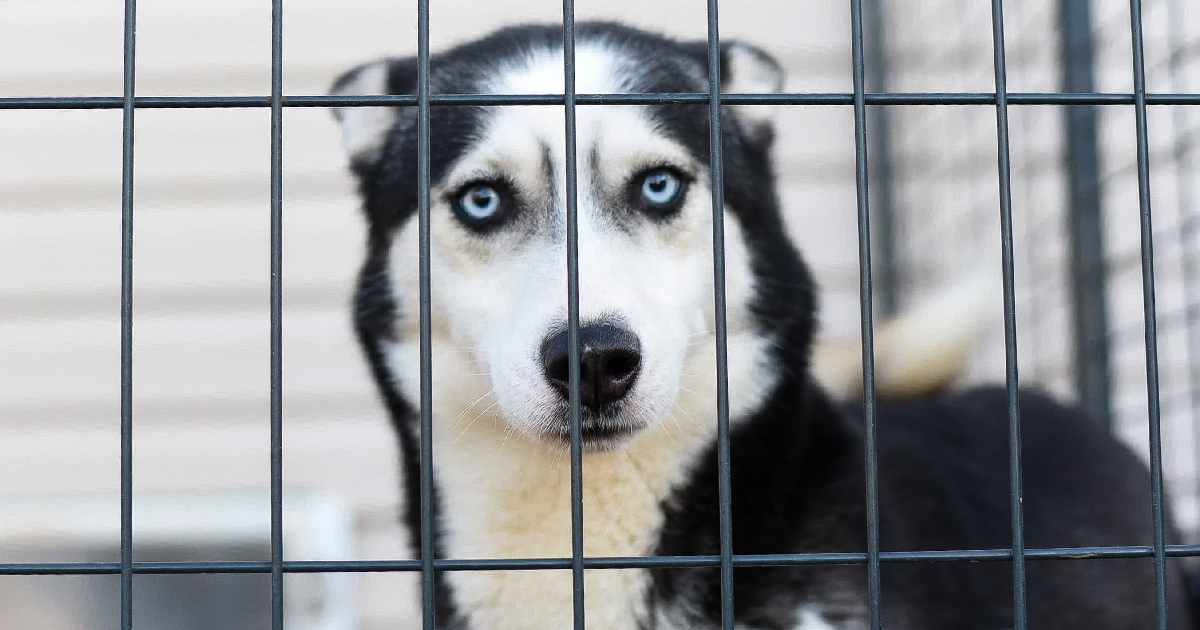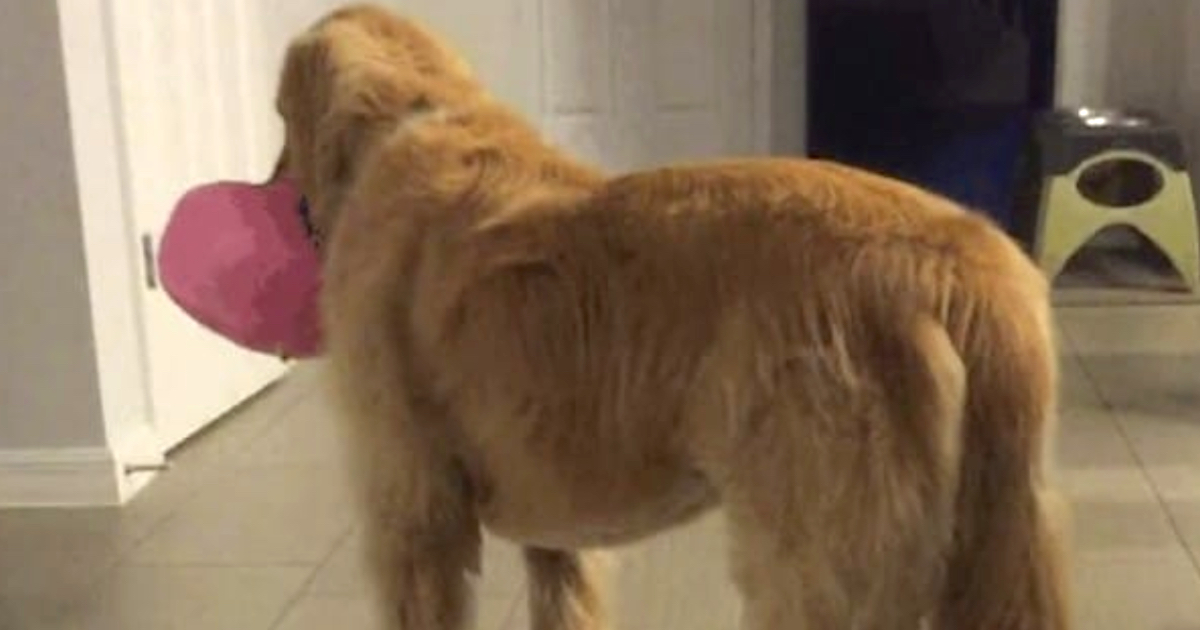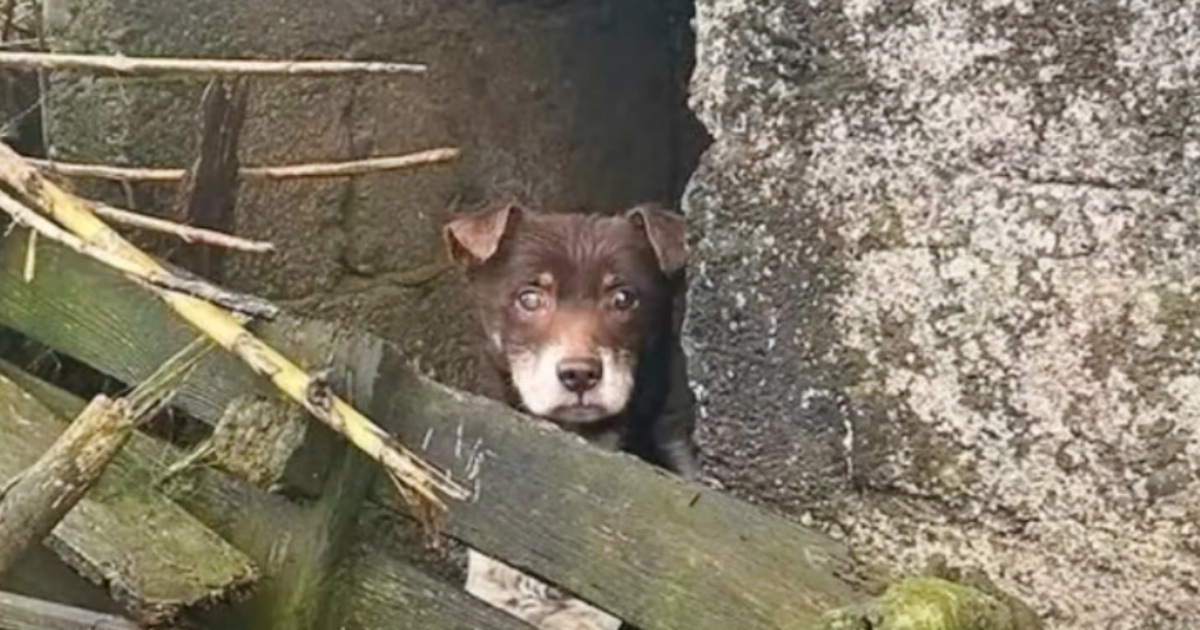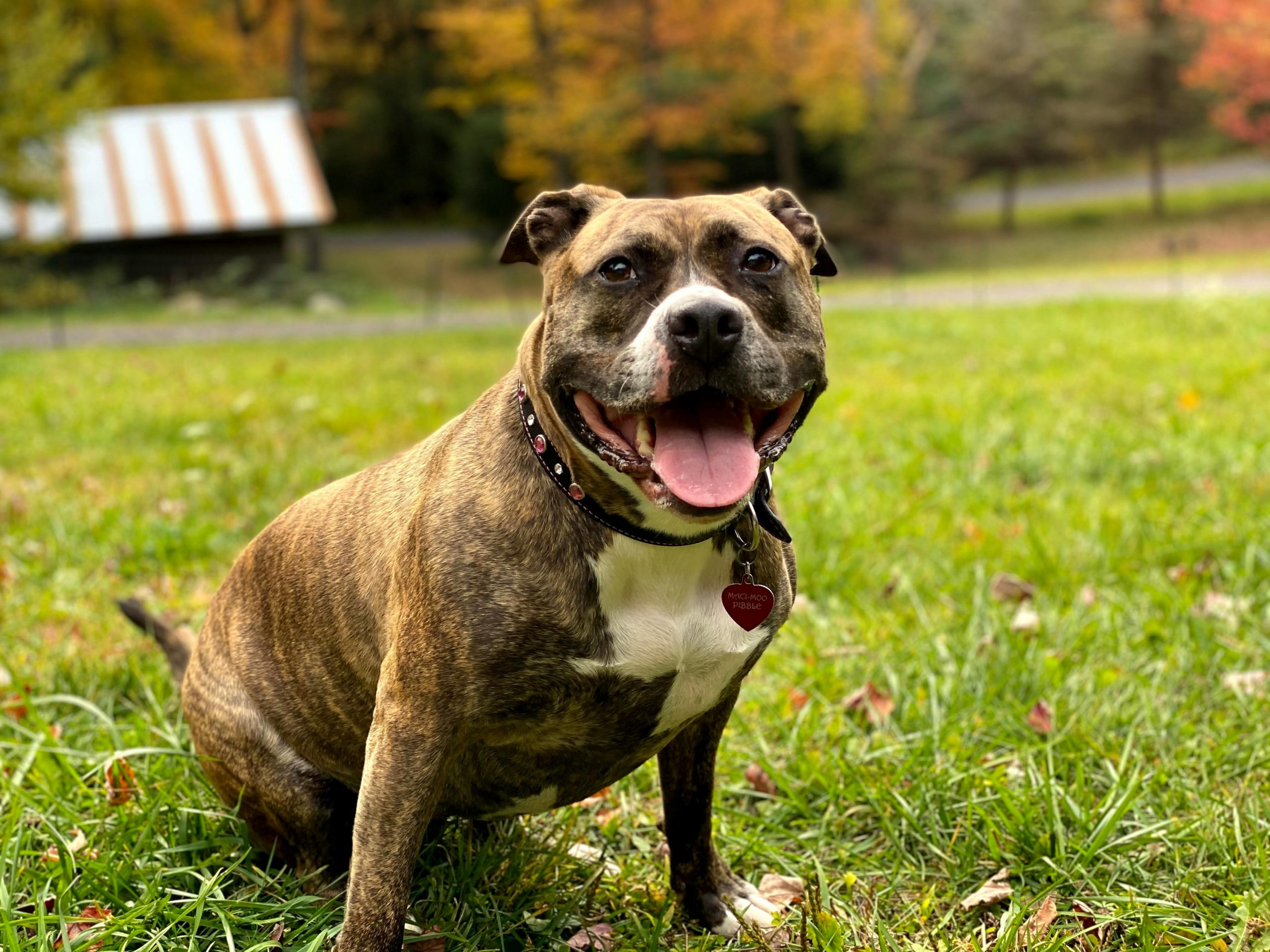Irish Setters are renowned for their rich mahogany coats and friendly, energetic nature. As a popular breed, they make excellent companions for families and individuals alike. Whether you’re considering purchasing a puppy or adopting from a rescue, it’s important to understand both the financial implications and the rewarding experience of welcoming an Irish Setter into your home.
In the United States, the cost of an Irish Setter puppy can vary significantly depending on the region:
- Northeast: Prices typically range from $1,200 to $2,000.
- Midwest: You can expect to pay between $1,000 and $1,800.
- South: Prices vary from $1,000 to $1,500.
- West: Expect to spend between $1,200 and $2,500.
Prices can fluctuate based on the breeder’s reputation, the puppy’s lineage, and whether the pup has been health-checked and received initial vaccinations.
Adopting from a Rescue
Adopting an Irish Setter from a rescue offers a compassionate alternative to buying a puppy. Rescue organizations often provide comprehensive care, including vaccinations, spaying or neutering, and microchipping, before adoption. This not only saves on initial costs but also supports the welfare of dogs that need a second chance at a loving home. Choosing to adopt can be incredibly fulfilling, as you provide a loving home to a dog in need while also gaining a loyal and affectionate companion.
The Lifetime Costs of Owning an Irish Setters

Owning an Irish Setter involves various expenses throughout their life, which typically spans 12 to 15 years. The cost of caring for an Irish Setter can be broken down into several categories:
- Food: Irish Setters are large, active dogs that require high-quality dog food to maintain their health and energy levels. On average, the cost of feeding an Irish Setter can range from $60 to $90 per month, depending on the brand and type of food.
- Routine Veterinary Care: Regular check-ups, vaccinations, and preventive treatments such as flea, tick, and heartworm medications are essential. These costs can average between $700 to $1,000 annually. This does not include any unexpected illnesses or injuries that may require additional veterinary care.
- Grooming: Irish Setters have long, fine coats that need regular grooming to prevent matting and maintain their condition. Professional grooming sessions can range from $60 to $100 per visit, with most owners scheduling sessions every 6 to 8 weeks.
- Training: Basic obedience training is recommended to manage the breed’s energetic and sometimes willful nature. Group training classes can cost anywhere from $150 to $250 for a multi-week session.
- Supplies: This includes beds, leashes, collars, toys, and other accessories. An initial setup can cost around $200, with ongoing costs for replacements and additions averaging $100 per year.
- Healthcare: As Irish Setters age, they may develop common health issues such as hip dysplasia or cancer, which can significantly increase medical costs. Setting aside an emergency fund or investing in pet health insurance can help manage these potential expenses.
Overall, the lifetime cost of owning an Irish Setter, excluding the initial purchase or adoption fee, can range from $20,000 to $30,000, depending on health, lifestyle, and the level of care provided. This estimate underscores the commitment required to ensure a healthy and happy life for these affectionate and lively dogs.
Frequently Asked Questions About the Costs of Owning an Irish Setters
1. How much does it typically cost to feed an Irish Setter each month?
Feeding an Irish Setter usually costs between $60 and $90 per month. This expense varies based on the quality and type of food you choose, reflecting the dietary needs of this active, large breed.
2. What are the expected annual veterinary costs for an Irish Setter?
Routine veterinary care for an Irish Setter, including annual check-ups, vaccinations, and preventive medications, can average between $700 and $1,000 a year. This estimate does not cover unforeseen illnesses or emergencies.
3. How often do Irish Setters need professional grooming, and what is the cost?
Irish Setters require professional grooming every 6 to 8 weeks due to their long, fine coats. Each grooming session can cost between $60 and $100, depending on the services included.
4. What are typical training costs for an Irish Setter?
Training is crucial for managing the energetic nature of Irish Setters. Basic obedience training can cost between $150 and $250 for a series of group classes.
5. What should I budget for initial supplies when getting an Irish Setter?
Initial supplies, including a bed, leash, collar, and toys, can cost around $200. This provides the essentials you need to welcome an Irish Setter into your home.
6. Can Irish Setters have specific health issues that increase medical costs?
Irish Setters are prone to certain health issues like hip dysplasia and cancers, which can lead to significant veterinary expenses. Budgeting for potential health problems is an important consideration for prospective owners.
7. Is pet insurance a worthwhile investment for an Irish Setter?
Given their potential health issues, investing in pet insurance for an Irish Setter can be a wise decision. It helps manage the costs of unexpected veterinary treatments, which can be quite high.
8. What are the recurring costs for flea, tick, and heartworm prevention?
Preventive treatments for fleas, ticks, and heartworm are essential and can cost about $200 to $300 annually. These preventatives are crucial for maintaining your dog’s health.
9. How much does it cost to microchip an Irish Setter?
Microchipping is a one-time expense that typically costs between $40 and $60. It’s a vital part of pet ownership that ensures your dog can be identified and returned if lost.
10. Are there any other hidden costs I should be aware of when owning an Irish Setter?
Besides the obvious costs, be prepared for unexpected expenses such as emergency healthcare, boarding fees if you travel, and potential property damage from a playful and energetic dog. Setting aside a contingency fund is a smart plan.

 2 weeks ago
16
2 weeks ago
16














![Cost of a Borzoi Puppy by US Region [2024]](https://iheartdogs.com/wp-content/uploads/2024/04/borzoi-4950553_1280.jpg)



 English (US) ·
English (US) ·